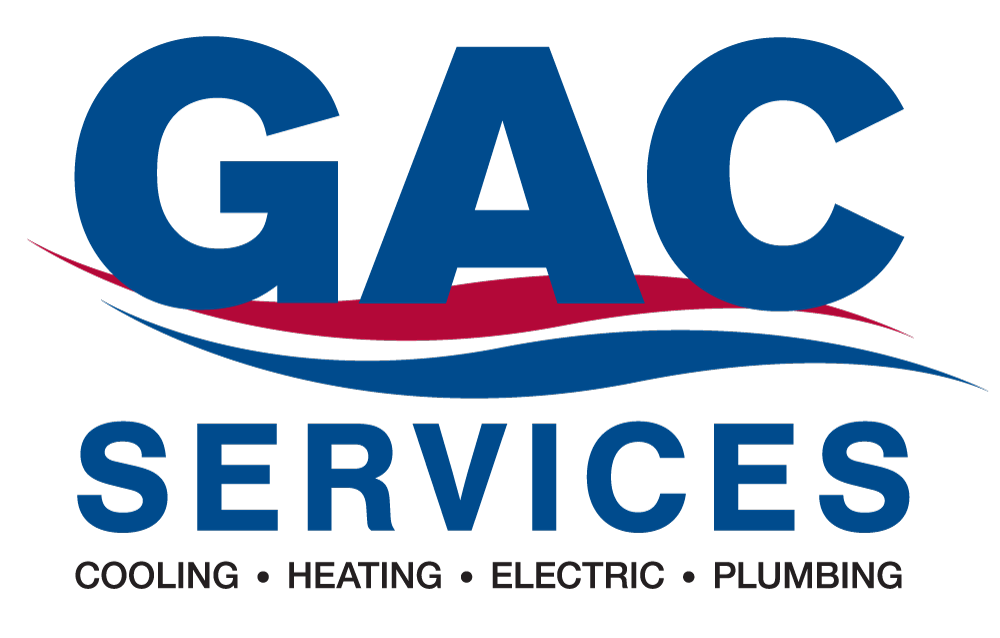With so many different options on the market, it can be overwhelming to know how to choose a heating and cooling system for your home. It’s important to be aware of every option available, especially since each one has its own unique benefits and features.
In this guide, we’ll discuss the different types of heating and cooling options and their benefits so you can better understand and make an informed decision about which one is right for you.
Important Considerations When Choosing a Heating & Cooling System
When choosing a heating and cooling system, there are many factors you’ll want to consider as a homeowner. This may include:
- Home Size and Layout: The size of your home, as well as how the rooms are laid out, will determine what unit size and capacity you need.
- Climate: Your local climate can influence which HVAC system you choose since certain systems, like heat pumps, aren’t as efficient in extreme conditions.
- Maintenance: Your HVAC system should be serviced twice a year—once in the fall and once in the spring. Before choosing a system, you’ll need to consider its maintenance and repair costs.
- Budget: Above all else, you’ll need to consider your budget and know ahead of time how much you’re willing to spend. Keep in mind that while some systems come with a higher price tag, they are a long-term investment that can save you money over time due to their high energy efficiency.
Key Factors to Consider When Choosing an HVAC System
Knowing how to choose a heating and cooling system starts with a few basics. First, you’ll need to understand the system’s efficiency. For your cooling system, you’ll need to know its SEER rating (Seasonal Energy Efficiency Ratio), and for a heating system, you’ll need to know its Annual Fuel Utilization Efficiency (AFUE). These numbers represent how efficient the system is.
Next, think about zoning. If you have different temperature preferences for various rooms in your home, a zoned system might be beneficial. This is especially helpful for families who need different temperature settings from room to room.
Consider installing a system that also promotes great indoor air quality. Your HVAC system can work alongside air filtration and purification systems to create a comfortable and healthy living space.
Finally, always check for available rebates or tax credits to offset any initial installation and purchase costs. Higher-efficiency systems often include these options to encourage homeowners to be more environmentally friendly.
6 Types of Heating & Cooling Systems
If you’re in the market for a new heating and cooling system, consider the following options as you decide what is best for your home.
1. Central Forced Air System
A central forced air system uses ducts to push and distribute air throughout your home. It is one of the most common HVAC systems that you’ll find in many homes. The setup typically includes a furnace or air handler, along with an outdoor air conditioning unit with an evaporator coil and blower.
These systems are beneficial because they can be zoned efficiently and are often compatible with many air filtration systems. They also provide very even heating and cooling, so you never have to worry about one room being hotter or cooler than another.
However, central forced air systems can be expensive to install and repair, mainly because of the ductwork. Your home’s ducts may experience leaks, making the system less efficient than other options. In this instance, you’ll need to invest in duct repair to get your HVAC system running efficiently again.
2. Ductless Mini-Split Systems
A ductless mini-split system uses indoor air handlers that are connected to an outdoor compressor to provide heated or cooled air in your home. This system is ideal for homes without ductwork or for homeowners looking for zoned heating and cooling.
Ductless mini-split systems offer zoned climate control, easy installation, energy efficiency, and quieter operation than other systems. Unfortunately, they have a higher initial cost, are less effective for larger homes, and some homeowners may have aesthetic concerns about outdoor units.
3. Heat Pumps
Heat pumps are a bit different than standard HVAC systems. These units can provide both heating and cooling, making them efficient and convenient options for homeowners when choosing a heating and cooling system.
Unlike a furnace, heat pumps don’t generate heat. Instead, they transfer heated air from one place to another. So, in the wintertime, the heat pump will take heat from outside and transfer it inside, and vice versa during the summer.
The advantage of having a heat pump is that it is more environmentally friendly and provides both heating and cooling. This means that your home only needs one unit for all seasons. Heat pumps are, however, less efficient in extremely cold or extremely hot climates and may not provide the desired air temperature in these regions.
4. Geothermal Systems
A geothermal heating and cooling system uses the earth’s natural temperature to provide heated or cooled air for your home. The system itself consists of a network of pipes below the ground filled with fluid and an indoor unit that extracts heat from the ground in the winter and releases heat into the ground in the summer.
Geothermal systems are very environmentally friendly and offer high efficiency for homeowners. They offer consistent performance, a longer lifespan, and can even reduce monthly energy bills. These systems can be expensive upfront to install, but the long-term savings are usually worth the large initial investment.
5. Radiant Heating
A radiant heating system warms objects and people directly rather than heating the air around them. This is achieved by the system emitting infrared radiation, similar to how the sun heats the earth.
These systems usually have heating elements embedded in floors, ceilings, and walls. The elements may be electric pipes or cables filled with hot water. What’s great about these systems is they offer even heat distribution. You never have to worry about one area of your home being colder or warmer than another since the system will heat objects directly.
However, radiant heating systems have some disadvantages that should be considered when choosing a heating and cooling system. They take longer to heat a space than a traditional forced air system, and there is always the potential for overheating or underheating if the system is not properly controlled.
6. Hybrid Systems
A hybrid heating and cooling system, also known as a dual-fuel system, combines a traditional furnace with a heat pump to provide a comfortable home climate year-round. The system switches between the heat pump and the furnace depending on the time of year and based on the outside temperature. When the weather is milder, the heat pump is the primary source of conditioned air. If outside temperatures drop, the system switches over to the furnace for heat.
Hybrid heating and cooling systems are incredibly energy efficient since they utilize the strengths of both a heat pump and a furnace. One significant advantage of this type of HVAC system is its ability to provide a backup heating source. If the heat pump doesn’t provide a sustainable amount of heat in the winter, the furnace can be a perfect backup source to ensure you stay warm.
Do you need a new heating and cooling system for your home but are unsure where to start? At GAC Services, we provide installation, repair, and maintenance for all HVAC systems and can offer guidance based on your home’s needs. Contact us today to learn more.


